Understanding Plumbing Costs: How to Budget for Your Plumbing Needs
Plumbing issues can be a homeowner's nightmare. Whether it's a leaking faucet, a burst pipe, or a clogged drain, plumbing problems can disrupt your daily life and cause significant damage to your property if not addressed promptly.
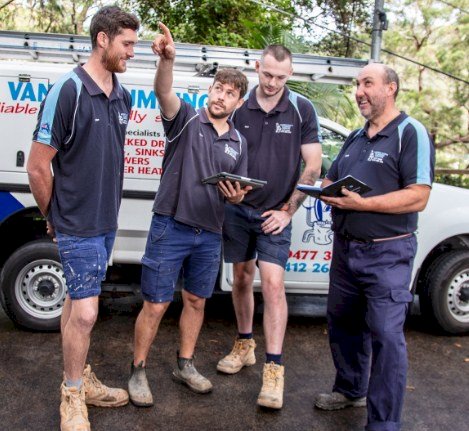
Plumbing issues can be a homeowner's nightmare. Whether it's a leaking faucet, a burst pipe, or a clogged drain, plumbing problems can disrupt your daily life and cause significant damage to your property if not addressed promptly.
However, many homeowners dread calling plumbers around Roseville because they fear the costs associated with plumbing repairs. Understanding plumbing costs and how to budget for them can help alleviate some of that anxiety and ensure that you're prepared to tackle any plumbing issues that arise.
Understanding Common Plumbing Costs:
Before delving into budgeting strategies, it's essential to understand the common factors that contribute to plumbing costs. These can include:
- Type of Repair: The nature of the plumbing issue will significantly impact the cost. Minor repairs such as fixing a leaking faucet or unclogging a drain will typically be less expensive than major repairs like replacing a water heater or repairing a burst pipe. For major repairs, you need to hire plumbers around Roseville.
- Materials: The type and quality of materials used for repairs can also affect costs. Higher quality materials may come with a higher price tag upfront but can save you money in the long run by reducing the need for frequent repairs.
- Labor: Plumbing services are often billed based on the time and expertise required to complete the job. Complex repairs or emergency services may incur higher labor costs.
- Accessibility: The location of the plumbing problem within your home can affect the cost of repairs. Hard-to-reach or hidden pipes may require additional time and effort to access, increasing labor costs.
- Emergency Services: Plumbing emergencies often occur outside of regular business hours and may require immediate attention. Emergency plumbing services typically come with higher rates to compensate for the plumber's availability outside of normal working hours.
Budgeting for Plumbing Needs:
Now that we've outlined some of the factors that influence plumbing costs, let's discuss how you can budget for your plumbing needs effectively:
- Establish an Emergency Fund:
One of the best ways to prepare for unexpected plumbing costs is to establish an emergency fund specifically earmarked for home repairs. Aim to set aside a portion of your monthly budget into this fund to cover any unforeseen plumbing emergencies that may arise.
- Prioritize Maintenance:
Regular maintenance can help prevent costly plumbing issues down the line. Schedule annual inspections with a licensed plumber to identify and address any potential problems before they escalate. While maintenance appointments may incur upfront costs, they can save you money by extending the lifespan of your plumbing system and avoiding more significant repairs.
- Get Multiple Quotes:
When facing a plumbing issue that requires professional attention, don't hesitate to shop around and obtain multiple quotes from different plumbing companies. Comparing quotes can help you identify the most cost-effective option without compromising on quality.
- Consider DIY Options:
For minor plumbing issues that don't require professional expertise, consider tackling the problem yourself. There are plenty of resources available online, including tutorials and step-by-step guides, that can help you address common plumbing issues independently. However, exercise caution and know your limits – attempting complex repairs without the necessary skills or experience could end up causing more harm than good.
- Invest in Preventative Measures:
Investing in preventative measures, such as installing a water softener to reduce the risk of pipe corrosion or upgrading to low-flow fixtures to conserve water and reduce strain on your plumbing system, can help minimize the likelihood of future plumbing problems. While these upgrades may involve upfront costs, they can lead to long-term savings by reducing the need for repairs and improving the efficiency of your plumbing system.
- Assess Insurance Coverage:
Review your homeowner's insurance policy to determine what plumbing-related expenses are covered. While most policies cover sudden and accidental water damage, coverage for plumbing repairs may vary. Understanding your policy's limitations and exclusions can help you plan for out-of-pocket expenses and avoid any surprises when filing a claim.
- Plan for Long-Term Investments:
In some cases, it may be more cost-effective to invest in long-term solutions rather than opting for quick fixes. For example, if your home's plumbing system is outdated or prone to frequent issues, consider budgeting for a complete system overhaul or upgrade. While this may require a significant upfront investment, it can save you money in the long run by reducing the need for ongoing repairs and improving the efficiency of your plumbing system.
Conclusion
Plumbing costs can be a source of stress for homeowners, but with careful planning and budgeting, you can navigate plumbing issues without breaking the bank. By understanding the factors that influence plumbing costs and implementing proactive measures to maintain your plumbing system, you can minimize unexpected expenses and ensure that your home remains safe and functional for years to come. Remember, when in doubt, don't hesitate to seek professional assistance from a licensed plumber to address any plumbing issues effectively.
Share
What's Your Reaction?
 Like
2
Like
2
 Dislike
0
Dislike
0
 Love
0
Love
0
 Funny
0
Funny
0
 Angry
0
Angry
0
 Sad
0
Sad
0
 Wow
0
Wow
0
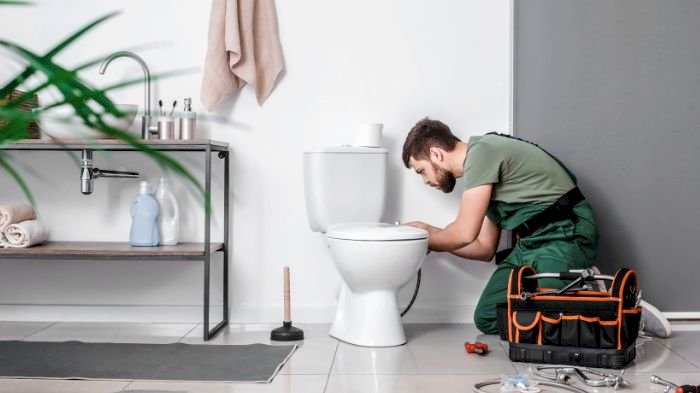
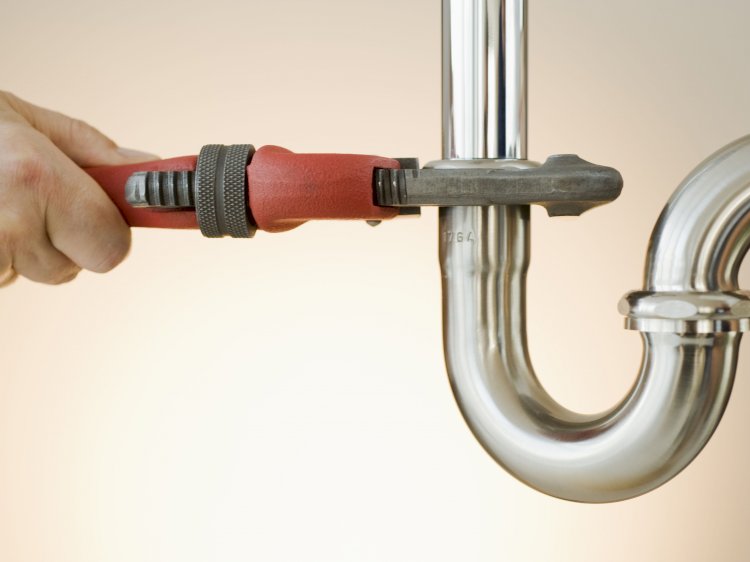
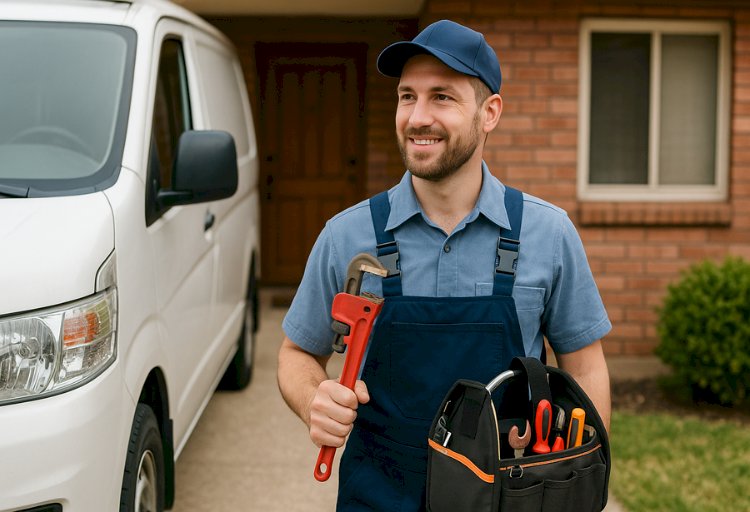










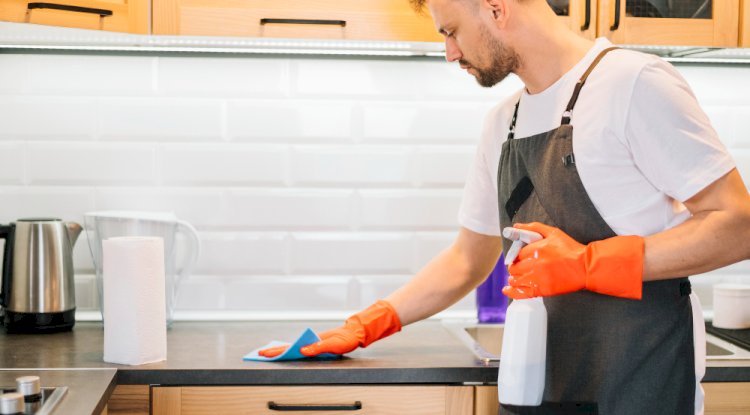


1
1